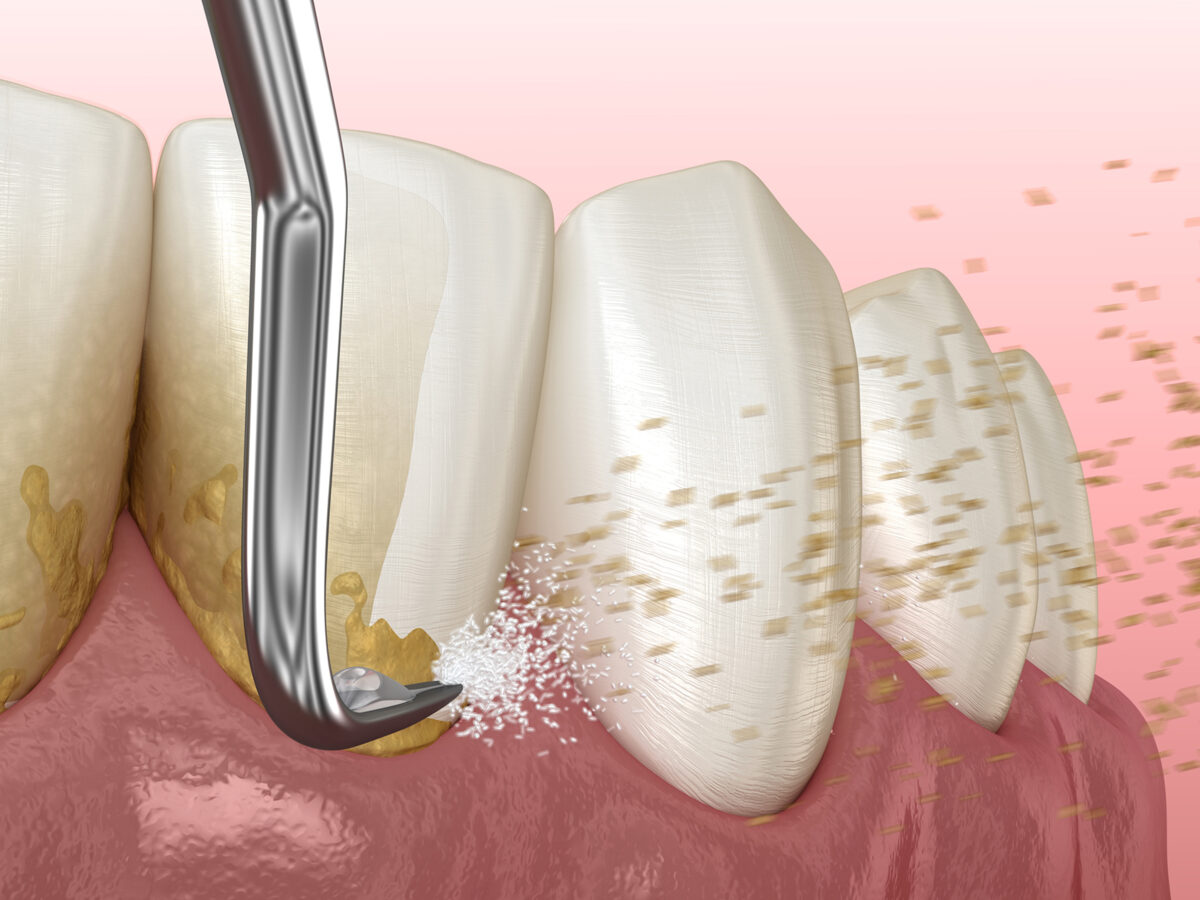Dental implants are the most lifelike, durable, and cost-effective solution for replacing one or multiple missing teeth. However, to qualify for dental implants, certain criteria must be met. Some conditions might temporarily prevent you from being a suitable candidate until they are addressed.
After reviewing your medical history and evaluating the state of your remaining teeth and gums, the dentist will determine if these conditions apply to you or affect your eligibility for dental implants. Furthermore, your dental X-rays will be examined before finalizing your suitability.
Here are some factors that can influence one’s candidacy for dental implants:
Tobacco Use and Smoking: If you smoke or use tobacco, dental implants might not be the best choice. Tobacco use significantly increases the risk of implant complications. Smoking can delay healing and elevate the risk of infections. For successful implantation, smokers should ideally quit for at least two months.
Advanced Gum Disease: Dental implants aren’t recommended for those with severe, untreated gum disease. This condition can damage the gums, teeth, and jawbone. However, with proper gum disease treatment, dental implants might become a viable option.
Diabetes: Poorly managed diabetes can impede healing and heighten the risks associated with dental implants. However, with well-regulated blood sugar and a healthy lifestyle, individuals with diabetes can still qualify.
Certain Medications and Autoimmune Conditions: Drugs like blood thinners and steroids can complicate the dental implant process. Some autoimmune diseases also increase the risk of implant complications. Always discuss your medical history and medications with your dentist.
Radiation Treatment History: Those who have undergone radiation therapy to the face or neck might not be ideal candidates for dental implants. It’s crucial to consult with your oncologist about this.
Physical Fitness: Dental implant surgery requires the body’s ability to heal. If you have persistent health issues affecting your overall well-being, you might need to wait until your health stabilizes.
Jaw Bone Development: Age plays a role in dental implant candidacy. Young adults and teenagers usually need to wait until their jawbones are fully developed, typically by their early 20s.
Pregnancy: Pregnant women might not be ideal candidates due to potential risks. While dental X-rays are generally safe with precautions, they’re best avoided during pregnancy.
Excessive Alcohol Consumption: Heavy drinking can affect blood clotting, posing surgical risks. If you consume alcohol excessively, your dentist might advise you to reduce or abstain.
Regardless of age, dental implants can be a viable option if you meet the necessary criteria and are looking for a lasting solution for missing teeth. A qualified dentist will evaluate these factors, inform you about potential risks, and determine your eligibility.
Who’s an Ideal Candidate for Dental Implants?
You’re likely a good fit if you’re an adult with:
- Healthy teeth and gums.
- Sufficient jawbone density.
- No smoking habits.
- Overall good health.
In Conclusion
Missing teeth can impact your oral health, overall well-being, and quality of life. Dental implants offer a transformative solution. By considering the factors mentioned above and consulting with a dentist, you can determine if you’re a suitable candidate for this procedure.



